What Benefits Do Alloy Wheels Offer for Modern Vehicles
Understanding the Advanced Technology Behind Modern Alloy Wheels
Modern vehicles have witnessed remarkable evolution in various components, and alloy wheels stand out as one of the most significant advancements in automotive engineering. These sophisticated wheel designs have revolutionized how our vehicles perform, look, and function on the road. Beyond their attractive appearance, alloy wheels bring numerous technical advantages that contribute to enhanced driving experiences and vehicle efficiency.
The automotive industry's shift from traditional steel wheels to alloy wheels represents a conscious move toward superior engineering and performance. Made from aluminum and magnesium alloys, these wheels combine strength, lightweight properties, and aesthetic appeal, making them increasingly popular among vehicle manufacturers and enthusiasts alike.
Performance Advantages of Alloy Wheels
Enhanced Vehicle Handling and Control
One of the primary benefits of alloy wheels lies in their ability to improve vehicle handling. The reduced unsprung weight of alloy wheels compared to steel alternatives means less mass for the suspension to control. This translates to more responsive steering, better cornering abilities, and improved overall vehicle dynamics. Drivers often report a more connected feel with the road when their vehicles are equipped with quality alloy wheels.
The superior strength-to-weight ratio of alloy wheels also contributes to better acceleration and braking performance. With less rotational mass to move, the engine doesn't need to work as hard to get the wheels turning, resulting in more efficient power delivery and improved fuel economy.
Heat Dissipation and Brake Performance
Alloy wheels excel at dissipating heat compared to their steel counterparts. This characteristic is particularly beneficial for brake performance, as the wheels help conduct heat away from the brake components more effectively. Better heat dissipation means reduced brake fade during intense driving conditions and extended brake component life.
The design flexibility of alloy wheels allows for larger brake components to be accommodated, enabling manufacturers to install more powerful braking systems. This improvement in thermal management and braking capacity contributes significantly to overall vehicle safety and performance.
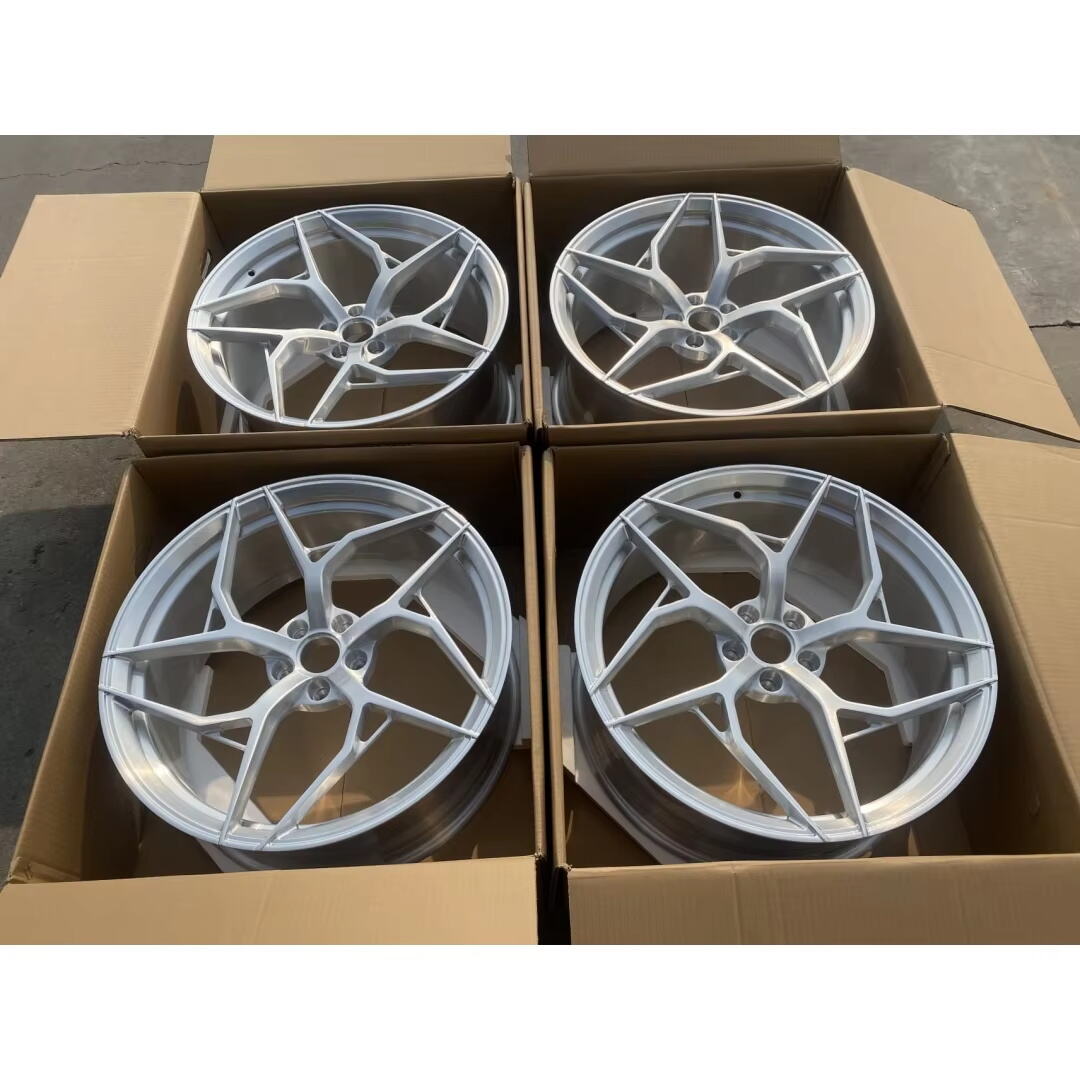
Aesthetic and Design Possibilities
Customization Options and Visual Appeal
The malleability of aluminum alloys opens up endless possibilities for wheel designs. Manufacturers can create intricate patterns, unique finishes, and various spoke configurations that wouldn't be possible with traditional steel wheels. This design flexibility allows vehicle owners to personalize their cars while maintaining optimal performance characteristics.
Modern alloy wheels come in an extensive range of sizes, colors, and finishes, from classic silver to contemporary black, bronze, or even multi-tone options. The ability to customize wheels has become an essential aspect of vehicle personalization, enabling owners to achieve their desired aesthetic while benefiting from improved performance.
Premium Appearance and Vehicle Value
Installing quality alloy wheels can significantly enhance a vehicle's overall appearance and perceived value. The sophisticated look of well-designed alloy wheels can transform even modest vehicles into more premium-looking automobiles. This aesthetic upgrade often translates to better resale value, as potential buyers typically associate alloy wheels with higher-end vehicles and better maintenance.
The durability and resistance to corrosion of modern alloy wheels help maintain their appearance over time, requiring minimal maintenance to keep looking fresh. This long-lasting beauty contributes to sustained vehicle value and owner satisfaction.
Maintenance and Longevity Considerations
Durability and Weather Resistance
Modern manufacturing techniques have significantly improved the durability of alloy wheels. Advanced coating technologies protect against environmental factors, road salt, and other corrosive elements. While alloy wheels may require more careful attention to avoid curb damage, their overall resilience makes them a worthwhile investment for most vehicle owners.
The superior construction of quality alloy wheels means they typically maintain their structural integrity better than steel wheels over time. This durability translates to longer service life and reduced need for replacement, provided proper care and maintenance procedures are followed.
Care and Maintenance Requirements
Maintaining alloy wheels requires specific attention to preserve both their performance benefits and aesthetic appeal. Regular cleaning with appropriate wheel cleaners helps prevent brake dust accumulation and protects the finish. Prompt attention to any damage or scratches can prevent more serious issues from developing.
Professional repair services can address most minor damage to alloy wheels, often at a fraction of the cost of replacement. This repairability, combined with proper maintenance, ensures that the investment in alloy wheels continues to provide value throughout the vehicle's lifetime.
Frequently Asked Questions
Are alloy wheels worth the additional cost compared to steel wheels?
When considering the performance benefits, improved vehicle handling, enhanced aesthetic appeal, and potential positive impact on resale value, alloy wheels typically justify their higher initial cost. The long-term advantages in terms of fuel efficiency and vehicle dynamics make them a worthwhile investment for most drivers.
How do alloy wheels impact fuel efficiency?
The lighter weight of alloy wheels reduces unsprung mass and rotational inertia, which can lead to improved fuel efficiency. While the exact impact varies depending on driving conditions and vehicle type, many users report noticeable improvements in fuel economy after switching to quality alloy wheels.
What is the typical lifespan of alloy wheels?
With proper care and maintenance, quality alloy wheels can last the entire lifetime of a vehicle. Their durability and resistance to corrosion, combined with the availability of professional repair services, means they often provide reliable service for many years, making them a sound long-term investment in vehicle performance and appearance.
Recommended Products
 Hot News
Hot News
-
Forged Carbon Products
2024-05-21
-
Forged Off-Road Accessories
2024-05-21
-
GVICHN Introduces Revolutionary Forged Two-Piece Product
2024-05-21
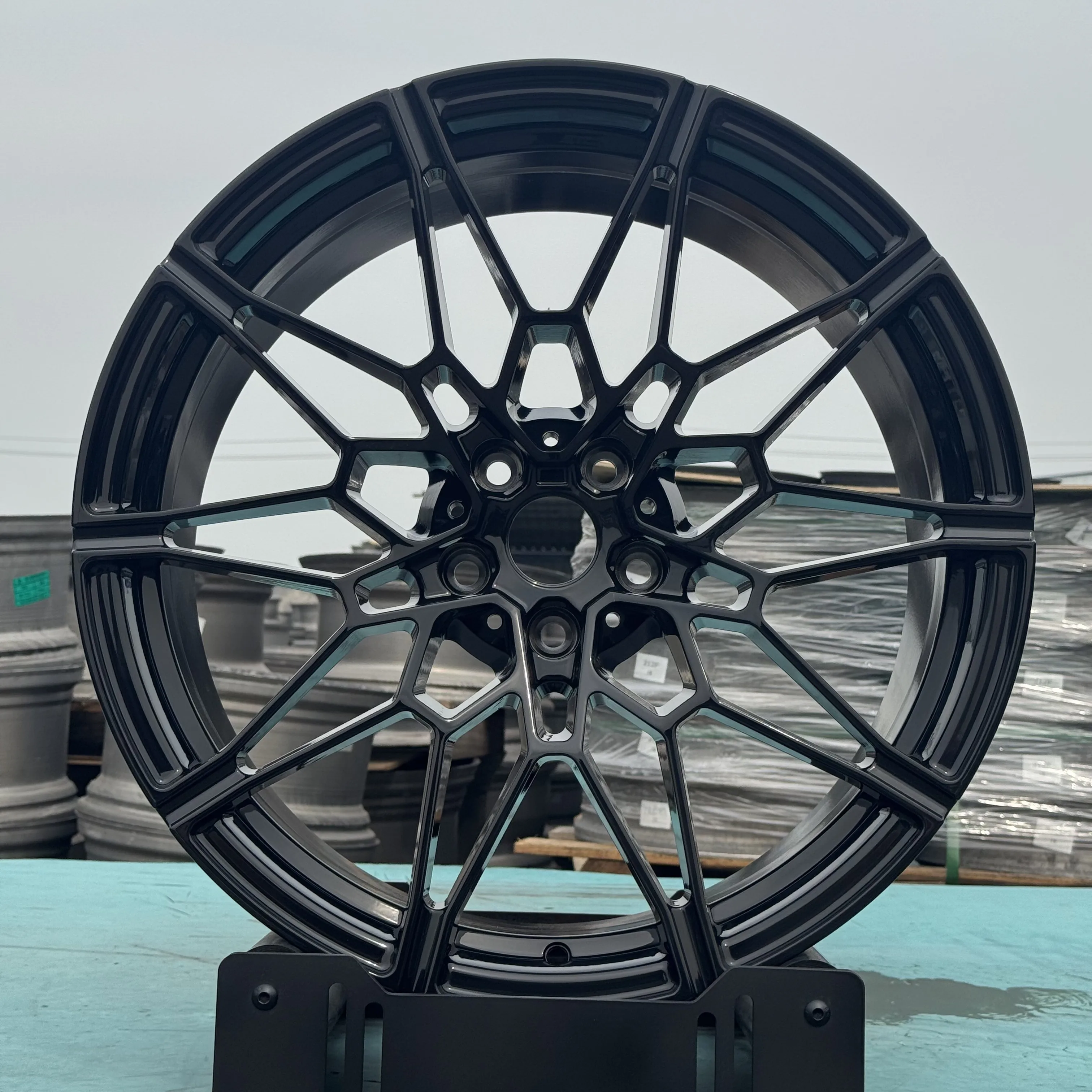

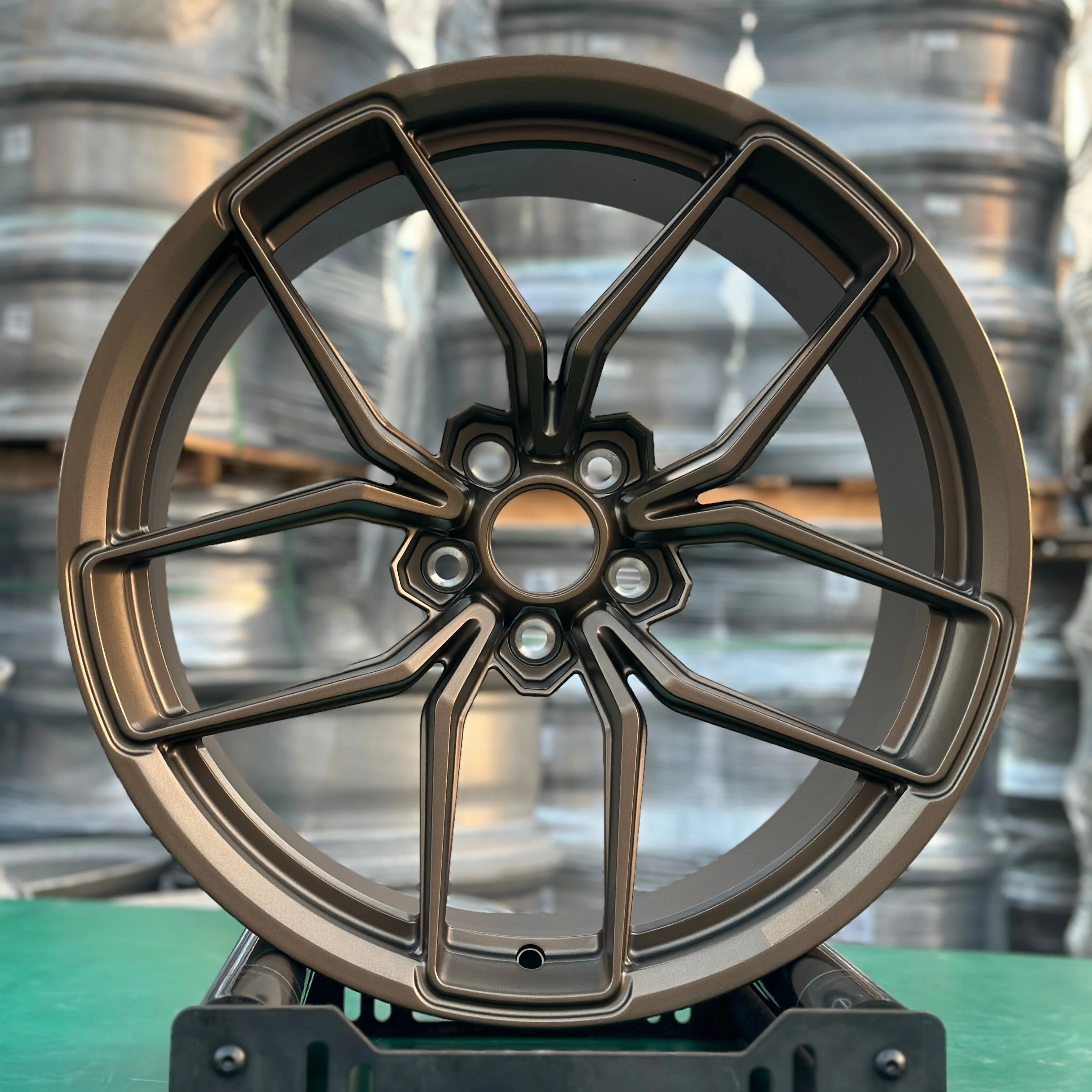
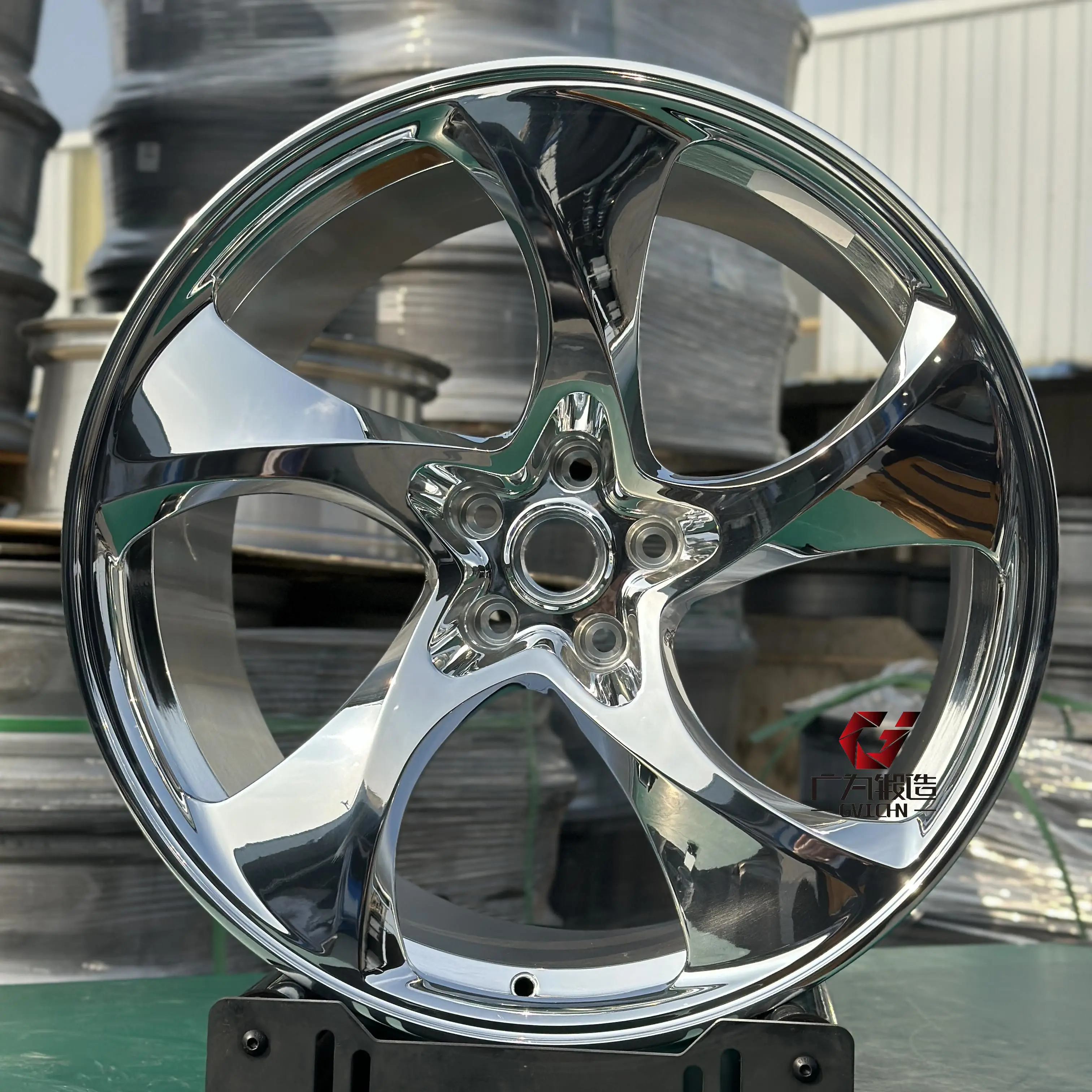
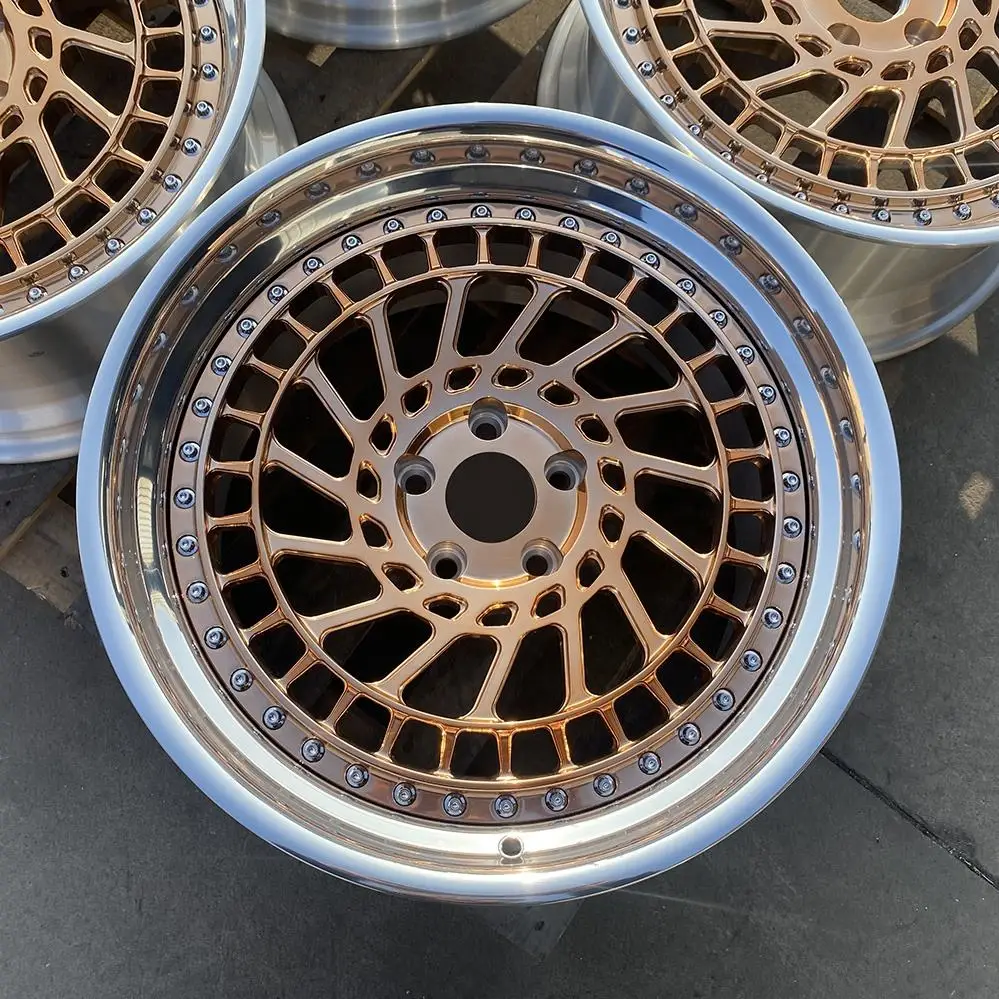
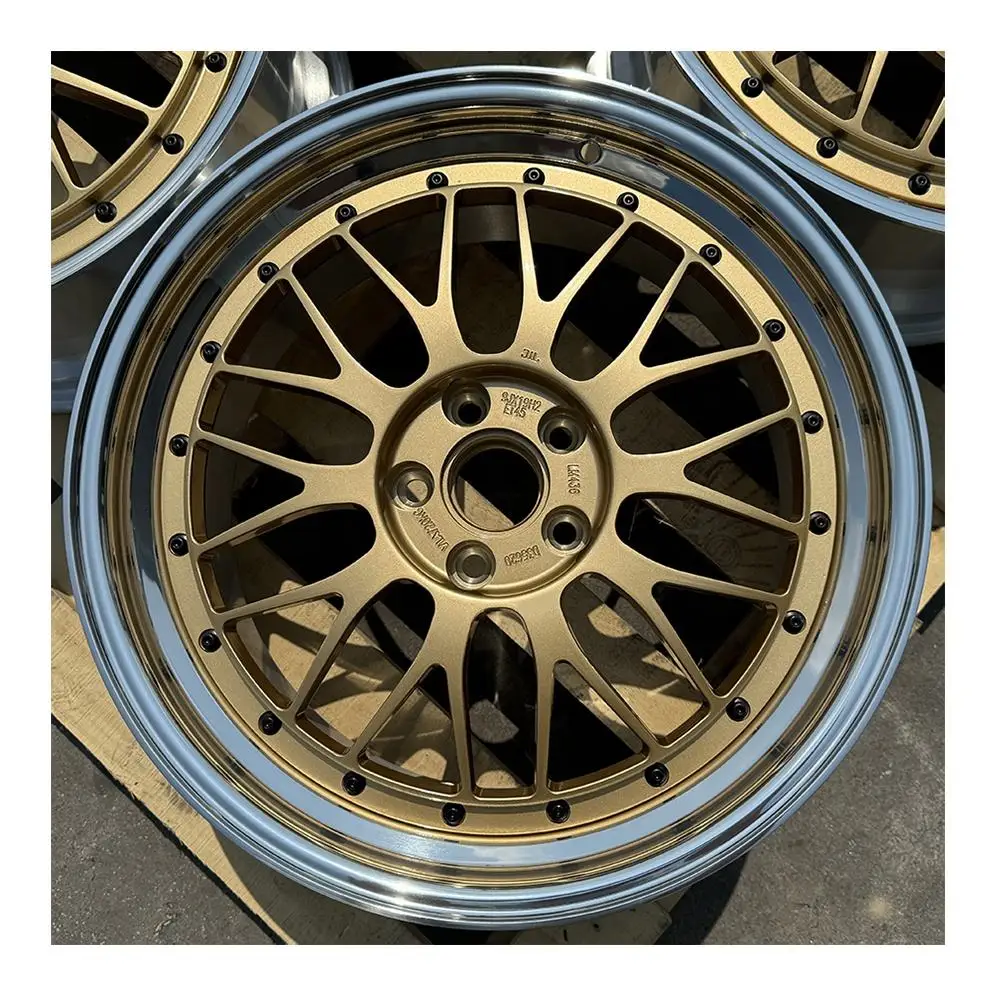
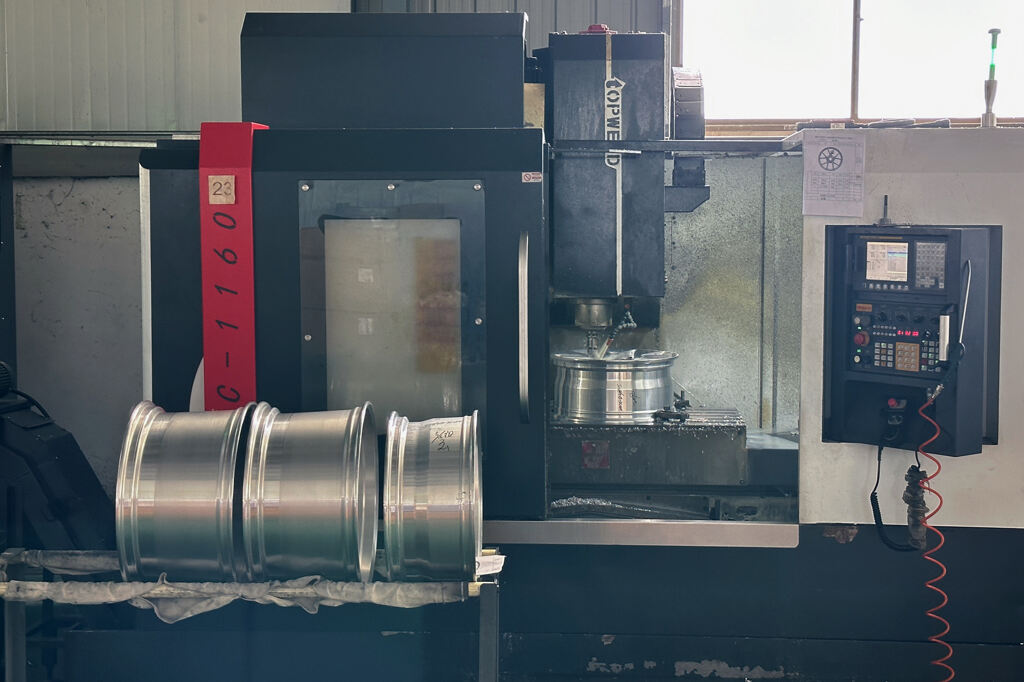
 ONLINE
ONLINE